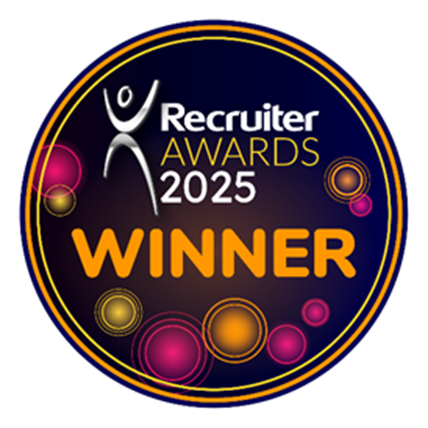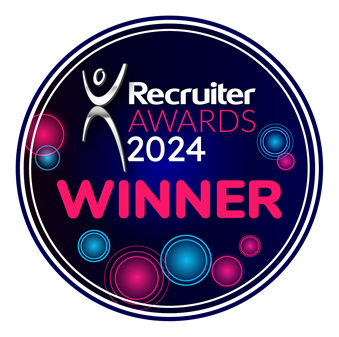How to Have a Successful Interview: Top Tips for Making a Great First Impression!
Use our top interview tips to improve your performance and help you land your dream job in sustainable technology. At Executive Integrity, sustainability is at the core of our values, and we are committed to providing talented individuals with the tools and resources they need to succeed in this competitive field. Whether you’re a recent graduate or an experienced professional, our guide will help you position yourself as the number one candidate in your field.
A job interview is a two-way street. It’s your chance to assess the role and the company to ensure it aligns with your career goals and values. The questions you ask can reveal a lot about what’s important to you and give you a competitive edge.






